Jakarta, MINA – The Central Executive Board of the Indonesian Mosque Council (DMI) will hold the ASEAN Mosque Community International Conference on Wednesday, July 20, 2022.
This one-day conference was held in a hybrid manner, centered at the DMI Jakarta Building. This conference is part of the series of DMI’s 50th Milad in 2022 and was attended by delegates from 10 ASEAN member countries.
“This will be the first international mosque community conference for the Southeast Asia region,” said Hayu S. Prabowo as chairman of the conference organizing committee in a written statement in Jakarta on Monday.
Hayu explained that this conference will discuss four strategic agendas. First, open communication and collaboration between ASEAN mosque communities in accordance with the spirit of the ASEAN Community agreement.
Also Read: Sudan’s Army Seizes Several Areas in South Kordofan After Heavy Clashes with Paramilitary RSF
Second, he added, increasing awareness of mosque communities throughout ASEAN that mosques have a very important role in supporting sustainable development through the environmentally friendly mosque program (EcoMosque).
“Third, empowering the digital talent community of mosques throughout ASEAN to collaborate and synergize in entering the Digital Communication era for the purposes of digital mosque management and da’wah and, fourth, the exchange of understanding and practical steps of Wasathiyah Islam by mosque communities throughout ASEAN,” he explained.
Hayu said this conference aims to form an ASEAN community in accordance with the agreement of the Association of Southeast Asian Nations (ASEAN) which has 10 members to implement the ASEAN Community (ASEAN Community) starting last December 2018.
He added that the ASEAN community includes three pillars, namely the economic community, polhukam, and socio-cultural.
Also Read: Spain Sees Mass Solidarity Protests for Palestine in Over 40 Cities
“The ASEAN Socio-Cultural Community includes all socio-cultural groups, including religious groups in which there is a mosque community,” said Hayu.
According to him, actually the Mosque Community (Muslims) cannot be separated from the pillars of the political and security community, because Islam is a kaffah and rahmatan lil alamin religion, which focuses on peace and the welfare of mankind.
The number of Muslims in ASEAN is the largest (42%) compared to people of other religions. There are three ASEAN countries with a majority Muslim population (more than 50% of the population), namely: Indonesia, Malaysia, and Brunei Darussalam.
In addition, there are three countries where the Muslim population is a minority but quite large (between 6-16% of the population), namely: Singapore, Thailand and the Philippines.
Also Read: EU Commissioner Says Israel Blocked Her Entry to Gaza During Egypt Visit
“Therefore, the mosque community in ASEAN has an important role in responding to various challenges of the social, economic and environmental dynamics of the ASEAN Muslim community,” concluded Hayu.
In this regard, it is proposed to hold the ASEAN Mosque Community International Conference online and offline.
The main purpose of this meeting is to exchange information and thoughts in building community solidarity and building synergies and collaborations of mosques throughout ASEAN.
The scope of the discussion is related to the role of mosques in overcoming environmental issues, as well as the use of digital technology for the benefit of the mosque community and the socialization of Wasathiyah Islam.
Also Read: Thousands Rally in Paris on International Day of Solidarity with Palestinians
In general, the function of the mosque is not only for routine worship activities, but also in the realm of muamalah.
Therefore, the role of the mosque is not only to convey religious messages, but also to realize acts of kindness as a reflection of religious spirituality in everyday life in a pluralistic society.
In order to support the function of mosques in the economic, social, community and environmental concerns, it is necessary to build capacity and strengthen mosque institutions, both nationally and with friendly countries.
In connection with the Indonesian Presidency at the G20 which carries the theme: “Recover Together, Recover Stronger” this year, it indicates the need for support from all parties, including the mosque community in achieving social welfare.
Also Read: RSF Kills State News Agency’s Director in El-Fasher, Detains Several Journalists
The issue of climate change, the economy and the Covid-19 pandemic has become a worldwide concern, including the G20, which is the world’s 20 largest economic groups.
As President of the G20, Indonesia has set three main programs, namely: the digital economy, the environment and the response to the global pandemic (Covid-19).
General Chairperson of PP DMI, 10th and 12th Vice President H.M. Yusuf Kalla will deliver the keynote address at the opening of this conference.
After a panel discussion session on the topic ‘ASEAN Mosque Cooperation’ with speakers from Brunei Darussalam, the Philippines, Indonesia, Cambodia, Laos, Malaysia, Myanmar, Singapore, Thailand and Vietnam.
Also Read: Global Movement to Gaza to Hold Coordinated Rallies in 13 Cities on International Day of Solidarity
The next session presented the speaker Prof. KH. Nasaruddin Umar and YBrs Mr. Hj Mohd Shah Hasim discussing Wasathiyah Islam, DR. Hayu Prabowo and YBrs Mr. Mohd Fadzil Bin Abu Kasim (EcoMosque), Bunyan Saptomo and YBhg Dato Mohd Khay Bin Ibrahim (ASEAN Mosque Community), and Arief Hartawan and YBhg Datuk Hj Ab Jamal Bin Ton Hj Sakaran (Digital Mosque).
Deputy Chairman of DMI and Vice President of the Malay Islamic World Komjen Pol (Purn) Dr (HC) Drs. H. Syafruddin MSi will deliver remarks at the closing of the conference. (T/RE1)
Mi’raj News Agency (MINA)
Also Read: UN Urges Urgent Action as Human Trafficking Fears Rise in RSF-Controlled Fasher






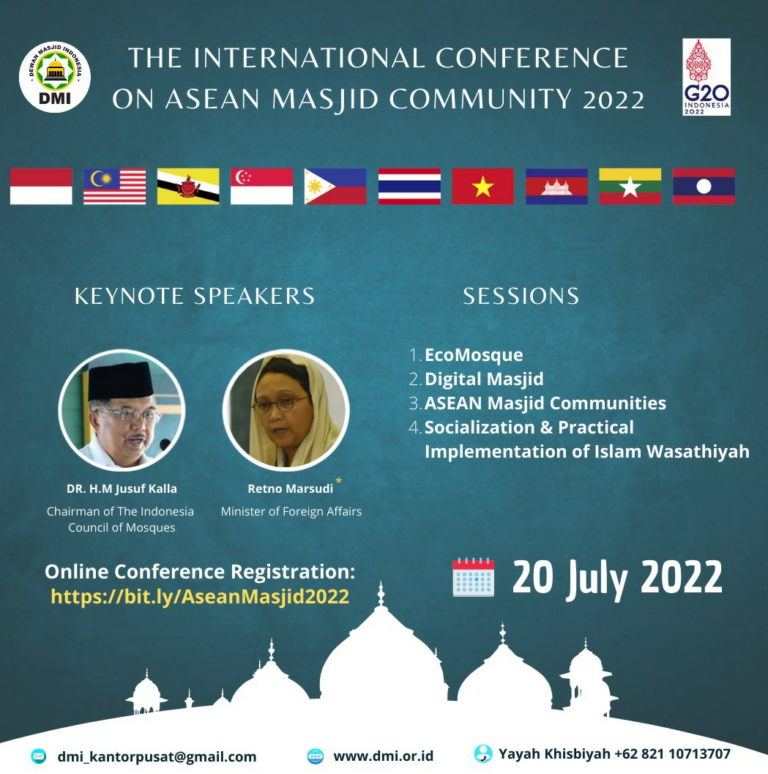



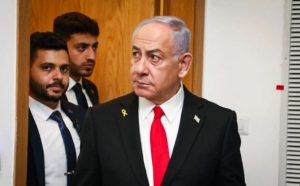





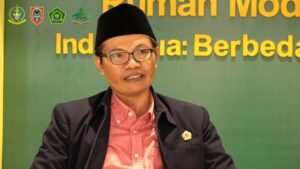
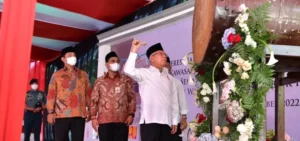
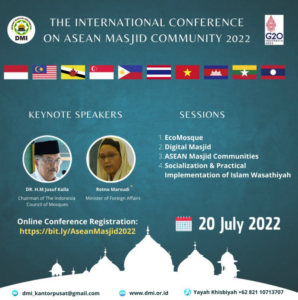
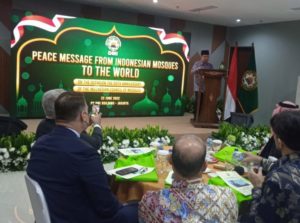

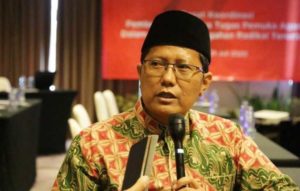






 Mina Indonesia
Mina Indonesia Mina Arabic
Mina Arabic